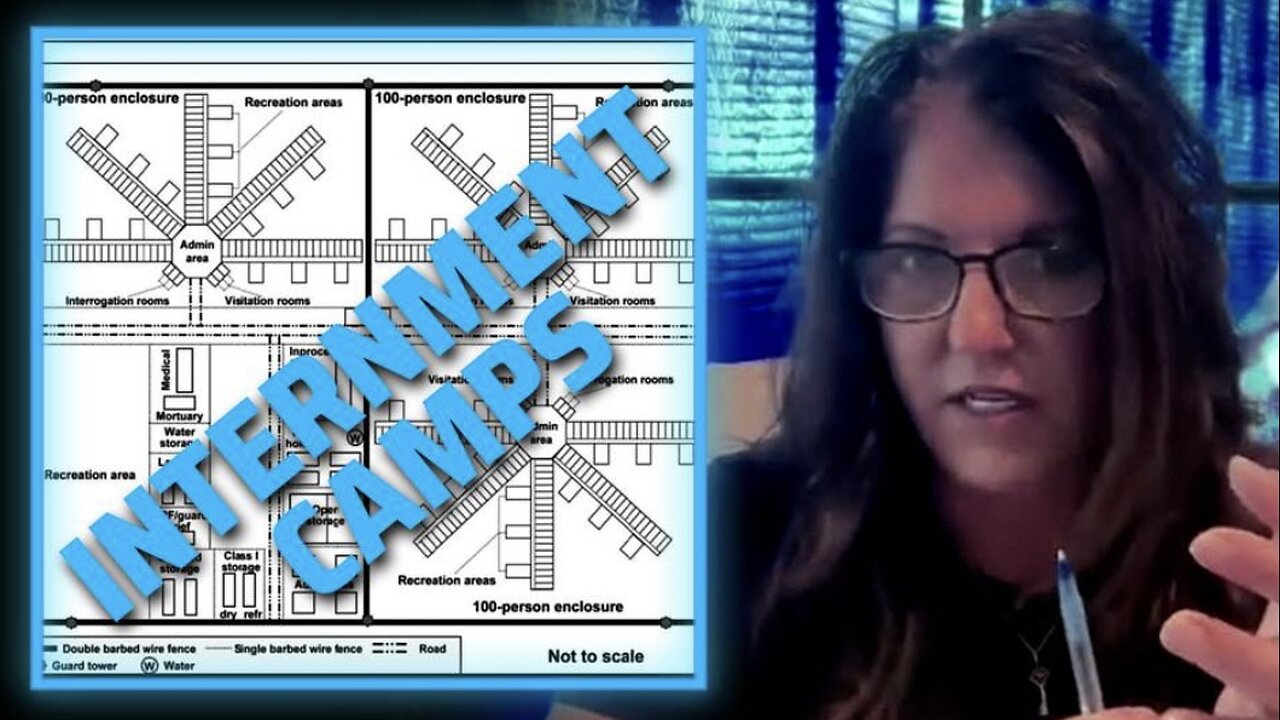“ GEOGRAPHY OF THE SOUTHERN STATES ” 1952 FILM ALABAMA SOUTH CAROLINA TENNESSEE VIRGINIA XD81645
Join this channel to get access to perks: https://www.youtube.com/channel/UCddem5RlB3bQe99wyY49g0g/join Want to learn more about Periscope Film and get access to exclusive swag? Join us on Patreon. Visit https://www.patreon.com/PeriscopeFilm Visit our website www.PeriscopeFilm.com This educational film "Geography of the Southern States" was produced in 1952 by Coronet Instructional Films. It presents an overview of the geography of 11 states constituting the American South: Virginia, Kentucky, Tennessee, Florida, Georgia, North Carolina, South Carolina, Alabama, Mississippi, Louisiana and Arkansas. Disclaimer: please note that the film uses the outdated racial term "negro" which viewers may find offensive. The film opens with images of antebellum homes with long white pillars. The Alabama State Capitol building follows (:11). This was the first capital of the confederacy. Andrew Jackson’s former residence; the Hermitage, stands in Nashville, Tennessee (:22). Stratford Hall in Virginia was the birthplace of Robert E Lee (:28). A map appears to highlight the location of the southern states (:44) and which ten (plus Texas) were a part of the Confederate States. The slave trade shaped much of the history and culture of the south as African American slaves were stuffed aboard ships and sent to the US (1:21). The film turns to a cotton field (1:24). These states also share similar climate and soil (1:43) enabling a growing season of about 200 days. A rice field sits in the wet bottom lands (2:11). Sugar cane is harvested (2:21). Citrus groves are pictured abundant with grapefruit and oranges (2:32). The light colored soil is favorable for the growth of trees such as peach trees (3:00). A farmer sells his peaches at a local market (3:06). Oak and hickory forests follow (3:14); although pine trees are the most common (3:19). Another major crop is the tobacco plant (3:35). A child of a tobacco farming family works to help harvest the plant in August (3:51). The leaves are tied into bunches to be readied for curing (4:02). The greatest source of wealth in the south was still cotton (4:28). Some cotton farms; such as one visited in Mississippi, have been generationally producing the crop (4:41). Mr. Morgan will inevitably pass the torch to his son. Workers pick cotton (4:48) and begin to haul the load for delivery to a cotton mill (4:51). An abandoned farm (5:23) represents the problem over exhausted soil (5:23). This problem was created by growing only one crop over and over on the same land. Land is left eroded away after the demolition of a pine forest (5:36). The south sought to solve these problems through planting new trees to replace those lost (5:51), implementing conservation methods (5:55) and introducing diversified farming (6:00). The dairy cow and farm sprung up over green pastures in the south (6:07). This increase in dairy was largely due to the population boom after the war and the projected belief the population would need more dairy. Corn farms also began to take over (6:09). Cotton was traded for soybeans (6:21). Other legume crops were implemented to return nitrogen to the soil (6:25). Mechanization of farming began (6:30). A machine works to harvest sugar cane (6:38). Women work to can citrus fruits as American industry began to grow (6:47). Citrus fruits are plucked from trees (6:52). The hardwood and oak trees lead to a booming furniture industry as a man whittles at a chair (7:04). The cotton industry lead to the textile industry (7:32). A textile mill follows (7:36). The Douglas Dam (7:43) in Tennessee was created in order to harness the French Broad River’s energy for electrical purposes. This was conducted as part of TVA Power Development Plan. An aluminum plant in Arkansas (8:04) and a cotton mill in South Carolina (8:07) close out the film. This was a Coronet Instructional Film (8:58). Coronet was a leading producer of non-fiction films including educational and military instructional movies. During the 1950’s the company’s output of was able to surpass another well-known classroom-film company; ERPI Films (Encyclopedia Britannica Films). This particular feature delivers instruction on the geography of the USA southern states. We encourage viewers to add comments and, especially, to provide additional information about our videos by adding a comment! See something interesting? Tell people what it is and what they can see by writing something for example: "01:00:12:00 -- President Roosevelt is seen meeting with Winston Churchill at the Quebec Conference." This film is part of the Periscope Film LLC archive, one of the largest historic military, transportation, and aviation stock footage collections in the USA. Entirely film backed, this material is available for licensing in 24p HD, 2k and 4k. For more information visit http://www.PeriscopeFilm.com

















































